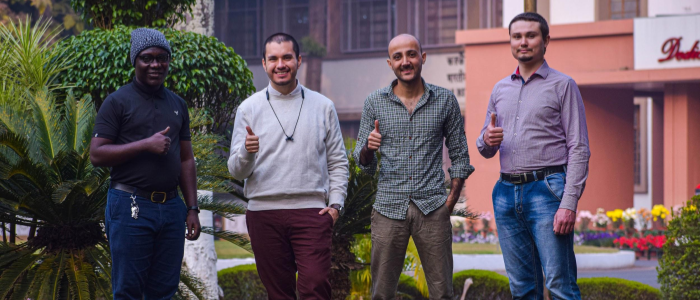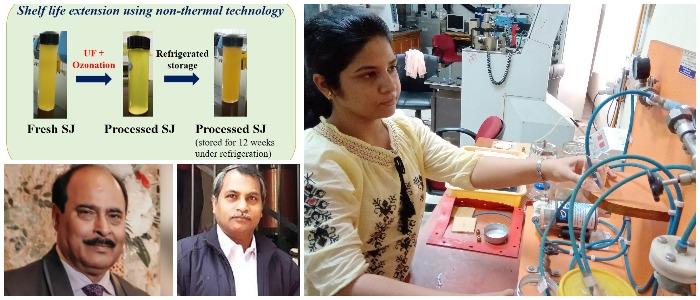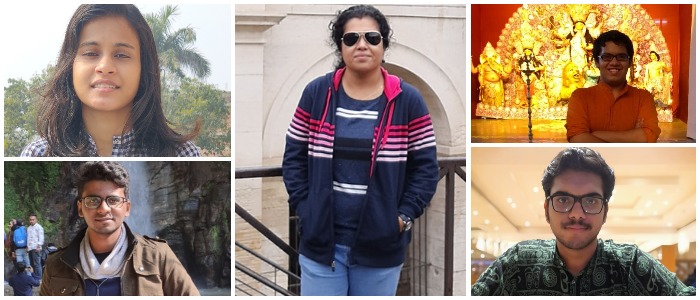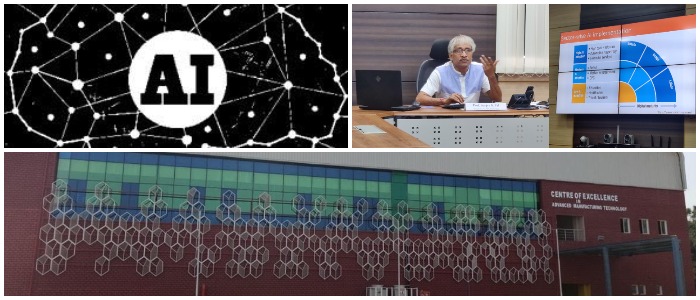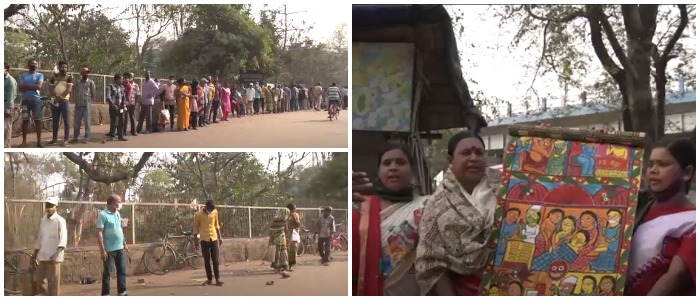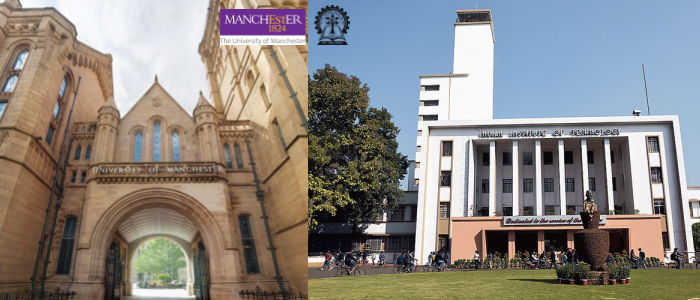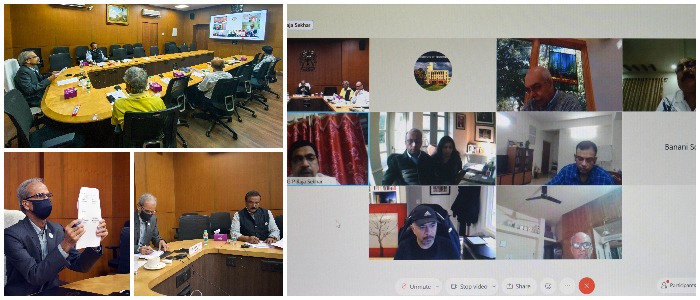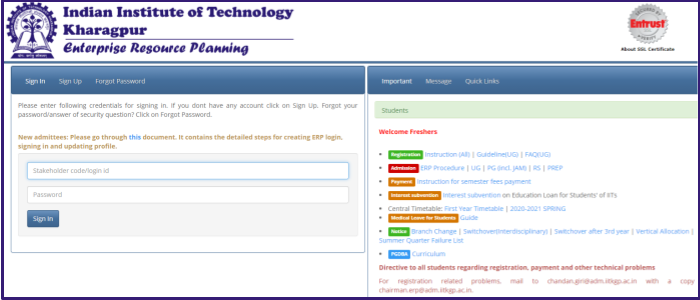
ERP Software Developed by IIT Kharagpur Adopted by other IITs
The Enterprise Resource Planning (ERP) software developed and extensively used by IIT Kharagpur is now to be adopted by IIT Ropar and IIT Jodhpur for institutional use. IIT Kharagpur has signed MoU with both the IITs for customization, installation and deployment of the ERP system. “This indigenously developed software was deployed across all major functions of the Institute, to improve organizational administration and shifting operations to e-management, through both intranet and internet as well as desktops and mobiles. Close to 2000 of our teaching and non-teaching staff and more than 14000 students are using this software regularly; additionally, a large…

